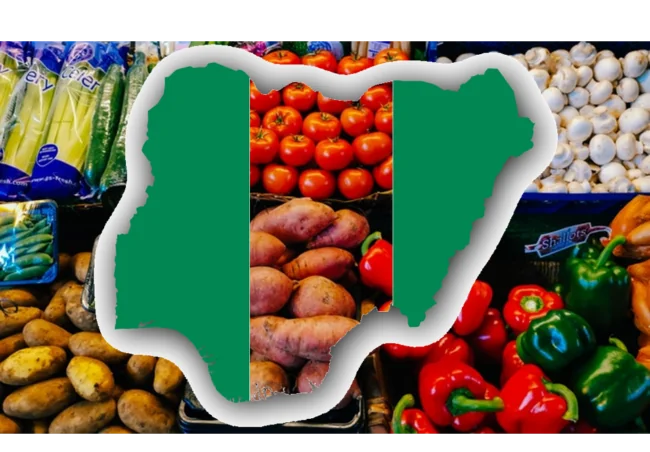

The Federal Government has disclosed plans to kickstart the implementation of the rebranded National Agricultural Growth Scheme and Agro-pocket (NAGSAP) in five states where the Agricultural Transformation Agenda Support Programme Phase-One (ATASP-1) Project has been implemented.
The targeted states include Niger, Kebbi, Jigawa, Kano and Sokoto.
NAGSAP is an ICT-based platform used for farm inputs delivery, such as fertilisers, seeds, agrochemicals, among others, to farmers across the country.
The project, being implemented through the ATASP-1 project of the Federal Government and funded by African Development Bank (AfDB), is a direct replacement of the Growth Enhancement Support (GES) which was re-introduced to address the yearnings of different value chain players.
Speaking in Abuja during a preparatory meeting of stakeholders for the implementation of the project, the Permanent Secretary, Federal Ministry of Agriculture and Rural Development, Dr Ernest Umakhihe, noted that the key objective is to increase the production of wheat, rice, maize, sorghum and soybean through the provision of farm inputs to small scale farmers during wet and dry farming season.
Umakhihe stated that under the programme, a total of 60,000 smallholder farmers in 26 Local Government Areas of the five ATASP-1 states that are involved in the cultivation of rice, maize and sorghum will be supported with critical farm inputs such as fertilisers, seeds and agrochemicals with a view to increasing their productivities, household incomes and livelihood.
The Permanent Secretary said the use of the ICT platform in implementing the scheme will not only help to easily evaluate the actual performances and impacts of the programme, but will as well track the transactions between the beneficiary farmers and the input providers with a view to promoting transparency and accountability in the input delivery process to guarantee sustenance of the scheme.
He revealed that the project is targeted at supporting over 250,000 wheat farmers with relevant farm inputs to cultivate about 250,000 hectares with an expected output of 1,250,000 metric tonnes of wheat to be added to the food reserve so as to reduce dependence on foreign importation of the product and increase domestic consumption, particularly for flour millers.
READ ALSO FROM NIGERIAN TRIBUNE
She described the case as rare push for justice for the boy-child and awareness that…
The mass grave first came to light in 2014, when local historian Catherine Corless uncovered…
Guo noted that, at present, the ministry has not received any reports of casualties involving…
"We came not just with words, but with hearts to mourn with those who mourn,…
An association under the aegis of the Centre for Human Resource and Development (CHRD) has…
The European Union Agency for Criminal Justice Cooperation (Eurojust) and the Federal Ministry of Justice…
This website uses cookies.